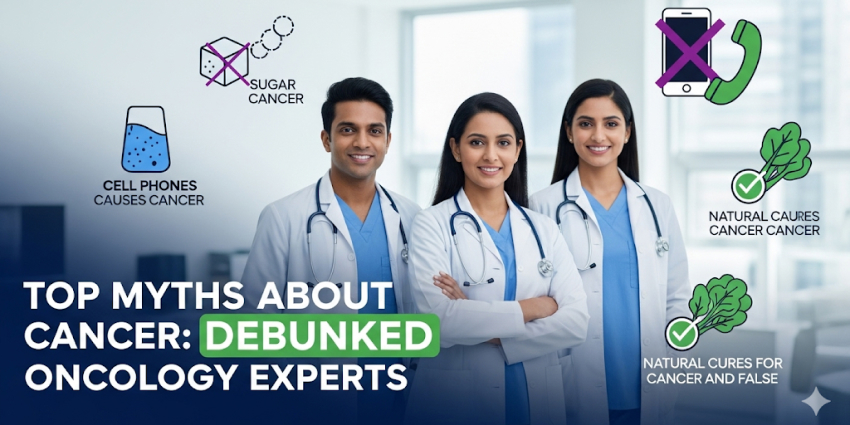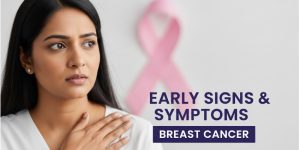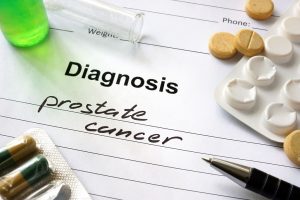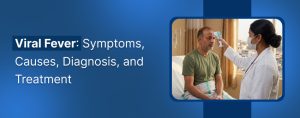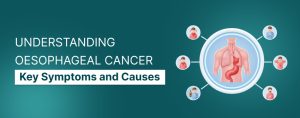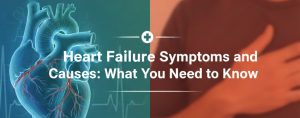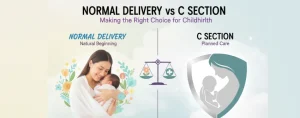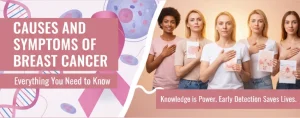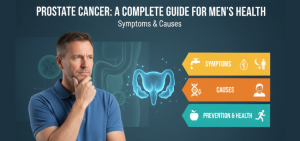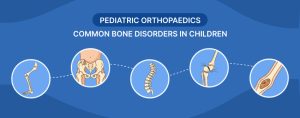Cancer is one of the leading health challenges worldwide, affecting millions of people each year. Despite the progress in research, prevention, and treatment, misinformation about cancer continues to circulate. These misconceptions often cause unnecessary fear, delay treatment or mislead patients and families. Understanding the truth is crucial to support better health decisions.
Let’s explore and debunk the most common cancer myths with facts from oncology experts.
Myth: Cancer is always a death sentence
Truth: This is one of the most common misconceptions. Advances in screening, early detection, and modern therapies mean that many types of cancer are treatable and even curable. For example, survival rates for breast cancer and prostate cancer have improved significantly over the past few decades. Early diagnosis remains key to better outcomes.
Myth: Cancer is contagious
Truth: Cancer cannot be “caught” from another person. It does not spread through casual contact, touching, or sharing meals. The exception involves certain viruses such as the human papillomavirus (HPV) and hepatitis B, which can increase cancer risk. Preventive vaccines are available to lower these risks, but cancer itself is not infectious.
Myth: Sugar feeds cancer
Truth: All cells in the body, healthy or cancerous, use glucose for energy. Completely cutting sugar out of your diet will not stop cancer from growing. A balanced diet that includes fruits, vegetables, proteins, and whole grains is important during treatment. Oncology experts often highlight that nutrition should focus on strength and recovery, not fear of sugar.
Myth: Everyone with the same cancer receives the same treatment
Truth: Cancer treatment is highly personalised. Oncologists design treatment plans based on the type and stage of cancer, genetic factors, and the patient’s overall health. Options may include surgery, chemotherapy, radiation therapy, targeted therapy, or immunotherapy. Personalised medicine ensures that patients receive care tailored to their specific needs.
Read more about – How to Manage the Side-Effects of Cancer Treatment?
Myth: Cancer treatment always causes harsh side effects
Truth: While treatments such as chemotherapy and radiation can cause side effects, medical advances have greatly reduced their intensity for many patients. Supportive care, improved drugs, and better management strategies help maintain quality of life during treatment. Each patient’s experience varies, and doctors work to minimise discomfort wherever possible.
Myth: Surgery or biopsy can spread cancer
Truth: Surgical tools and medical techniques are carefully designed to prevent the spread of cancer cells. Oncologists emphasise that biopsies and surgeries are essential for accurate diagnosis and effective treatment. There is no scientific evidence that these procedures make cancer spread.
Myth: Underwire bras cause breast cancer
Truth: There is no scientific link between wearing underwire bras and the development of breast cancer. This myth likely started from incorrect assumptions about lymphatic flow. Multiple studies have disproven the claim. Lifestyle factors such as diet, alcohol intake, and physical activity are far more important in determining risk.
Myth: Herbal remedies can cure cancer
Truth: While some herbal remedies may help with symptoms such as nausea or fatigue, they are not a cure for cancer. Relying solely on alternative therapies can delay proven treatments. It is essential to discuss any complementary remedies with an oncologist to avoid harmful interactions with prescribed medicines.
Myth: If no one in my family has had cancer, I won’t get it
Truth: While family history can increase cancer risk, most cancers are not inherited. Lifestyle factors, environmental exposures, and random cell mutations account for the majority of cases. Even individuals without a family history should follow recommended screenings and healthy lifestyle practices.
Important Considerations in Cancer
Consult with oncology experts
Professional guidance is essential in every stage of prevention, diagnosis, and treatment. Self-diagnosis or relying on unverified online advice can delay effective care.
Focus on evidence-based information
Trusted sources such as the World Health Organization (WHO), National Cancer Institute (NCI), and peer-reviewed journals provide reliable data. Patients and families should rely on such resources when seeking information.
Be wary of misinformation
Cancer myths often spread quickly through social media, word-of-mouth, or outdated articles. Fact-checking health claims with doctors or credible organisations helps prevent harm and confusion.
Conclusion
Cancer is a complex disease, but it is surrounded by myths that create fear and confusion. By understanding the truth, patients and families can make informed decisions, feel empowered, and challenge misinformation. The key message is clear: early detection, accurate information, and expert medical care save lives. If you have questions about cancer or treatment options, consult a certified doctor and rely on trusted medical sources.
Frequently Asked Questions
1. What are the most common cancer myths?
Some of the most common cancer myths include the belief that cancer is always fatal, that it is contagious or that sugar directly feeds cancer cells. Other misconceptions suggest that all patients receive the same treatment or that alternative remedies can cure cancer. These myths can cause unnecessary fear and delay proper treatment.
2. Is it true that cancer is always a death sentence?
No, cancer is not always a death sentence. Advances in early detection, treatment and personalised medicine have improved survival rates for many cancers. With timely care, several types of cancer are highly treatable or even curable.
3. Does sugar really feed cancer cells?
All cells in the body, including healthy ones, use sugar (glucose) for energy. Cutting sugar completely from your diet does not stop cancer from growing. Instead, a balanced diet during treatment helps maintain strength and supports recovery.
4. Can cancer be contagious?
Cancer itself is not contagious and cannot spread from person to person through contact. However, certain viruses like HPV or hepatitis B can increase cancer risk. Preventive vaccines exist for these viruses, but cancer itself is not infectious.
5. Do all cancer patients receive the same treatment?
No, cancer treatment is highly personalised. Factors such as the type and stage of cancer, genetic markers, and the patient’s overall health guide treatment plans. This approach ensures care is tailored to each individual.
6. Do cancer treatments always have severe side effects?
Not always. While treatments like chemotherapy and radiation may cause side effects, modern medicine offers improved drugs, supportive care, and targeted therapies that make treatment more manageable for many patients.
7. Why is it important to talk to an oncology expert about cancer myths?
Oncology experts rely on scientific research and clinical experience to provide accurate information. Speaking with them helps patients avoid misinformation, make informed choices, and feel confident about their care. Relying on professional advice ensures treatment decisions are based on evidence rather than myths.
Medically Reviewed by — Dr. Dinesh Chandra Katiyar (Director – Surgical Oncology & Robotic Surgery)
